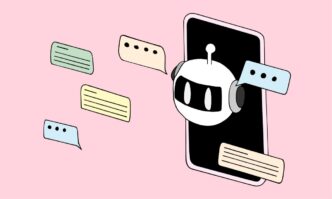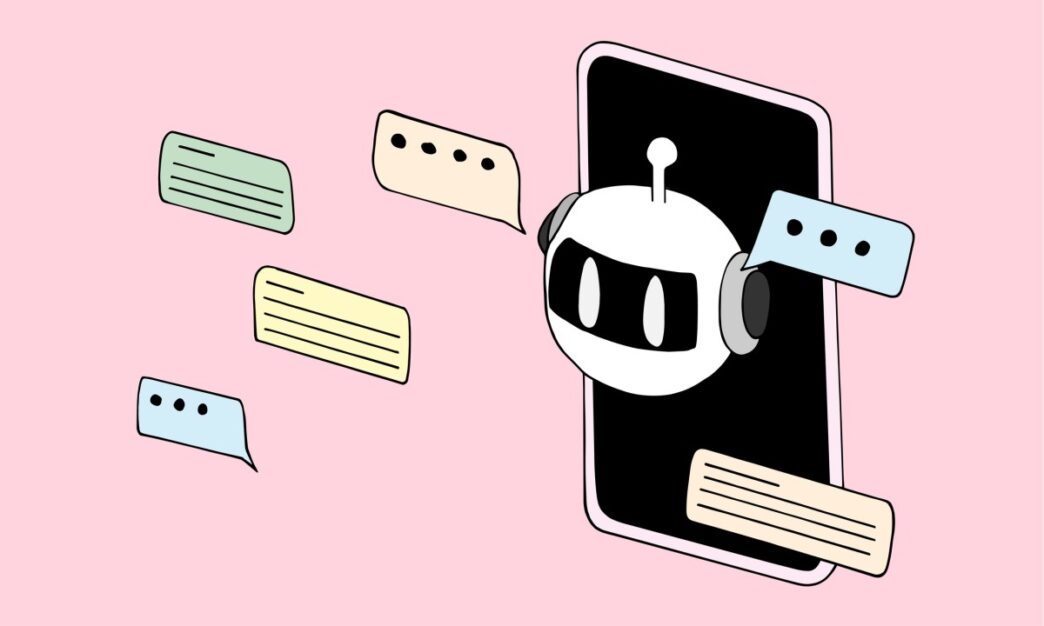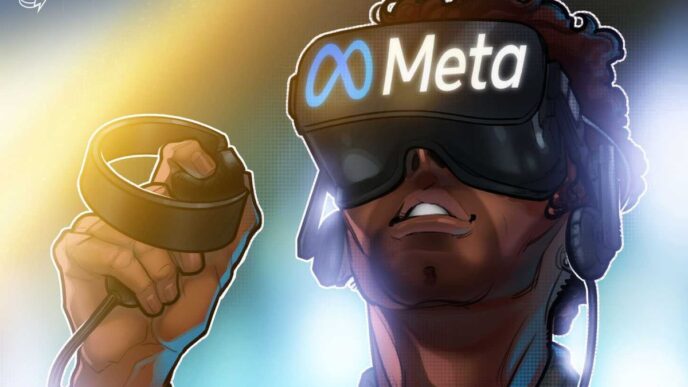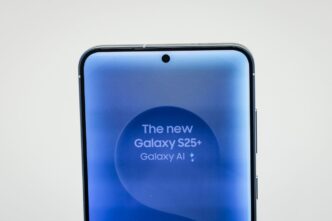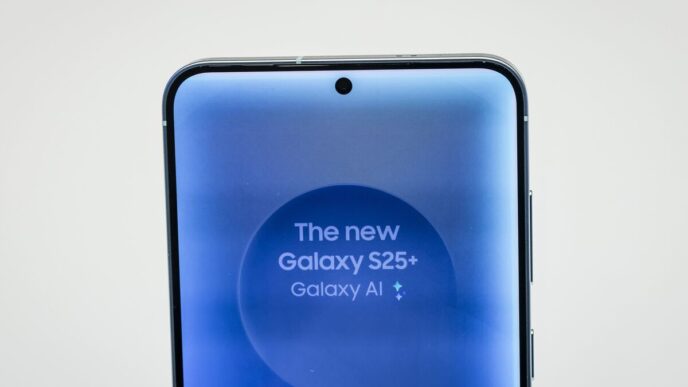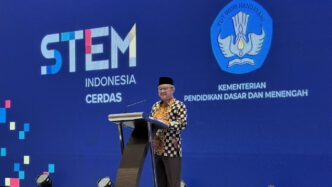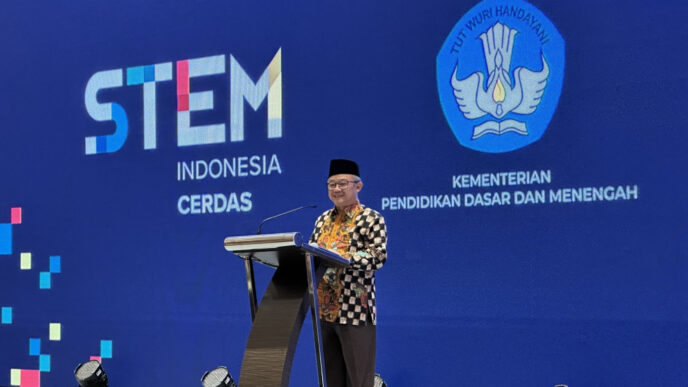Generative AI is facing scrutiny as startups adopt human names to pitch AI as co-workers instead of just software. This trend has gained traction, especially among enterprise startups emerging from Y Combinator.
The issue started when many companies began marketing AI as replacements for human jobs. Atlog recently introduced an “AI employee for furniture stores” that claims one manager can now oversee 20 locations. The implications for displaced workers remain unaddressed.
Similarly, AI models like Anthropic’s Claude are crafted to sound friendly and trustworthy. The marketing mimics fintech apps that use approachable names to ease transactional tensions.
“Would you rather share sensitive data with a machine learning model or your bestie Claude, who remembers you, greets you warmly, and almost never threatens you?”
However, the narrative of AI as a “colleague” raises concerns. In mid-May, 1.9 million unemployed Americans were still receiving jobless benefits—many from tech sectors. Experts, including Anthropic CEO Dario Amodei, predict massive layoffs, stating AI could eliminate half of entry-level white-collar jobs within five years.
“Most [of these workers are] unaware that this is about to happen,” Amodei told Axios.
The shift toward generative AI is happening regardless of marketing strategies. Companies risk appearing insensitive by framing AI as “employees.” IBM always referred to its technology as tools and workstations, not digital co-workers.
The takeaway? We need software that enhances human capabilities, not replaces them.
“Just show us the tools that help great managers run complex businesses, and that help individuals make more impact.”
Rebranding AI as fake workers may backfire as the workforce faces more automation-triggered layoffs.
